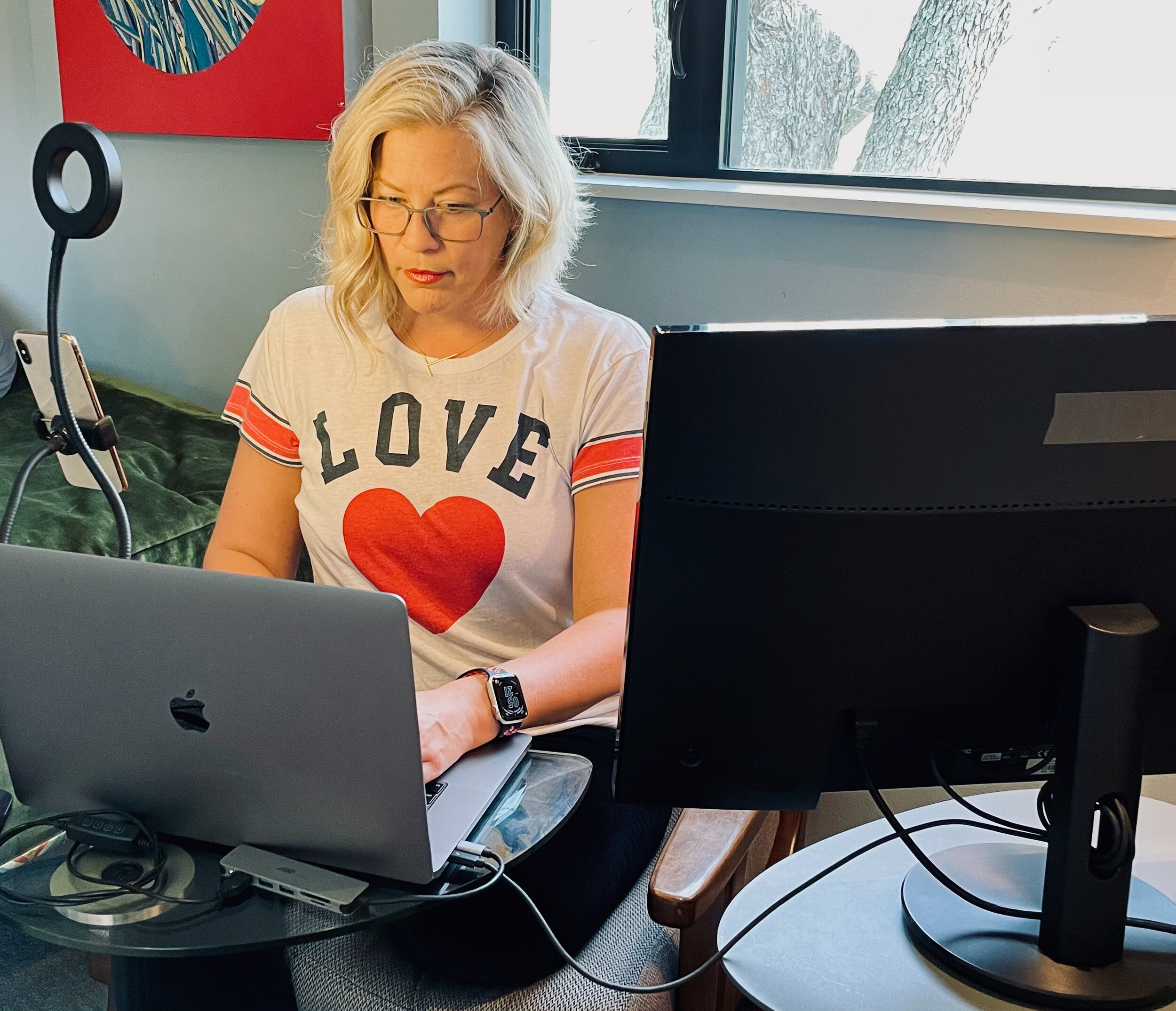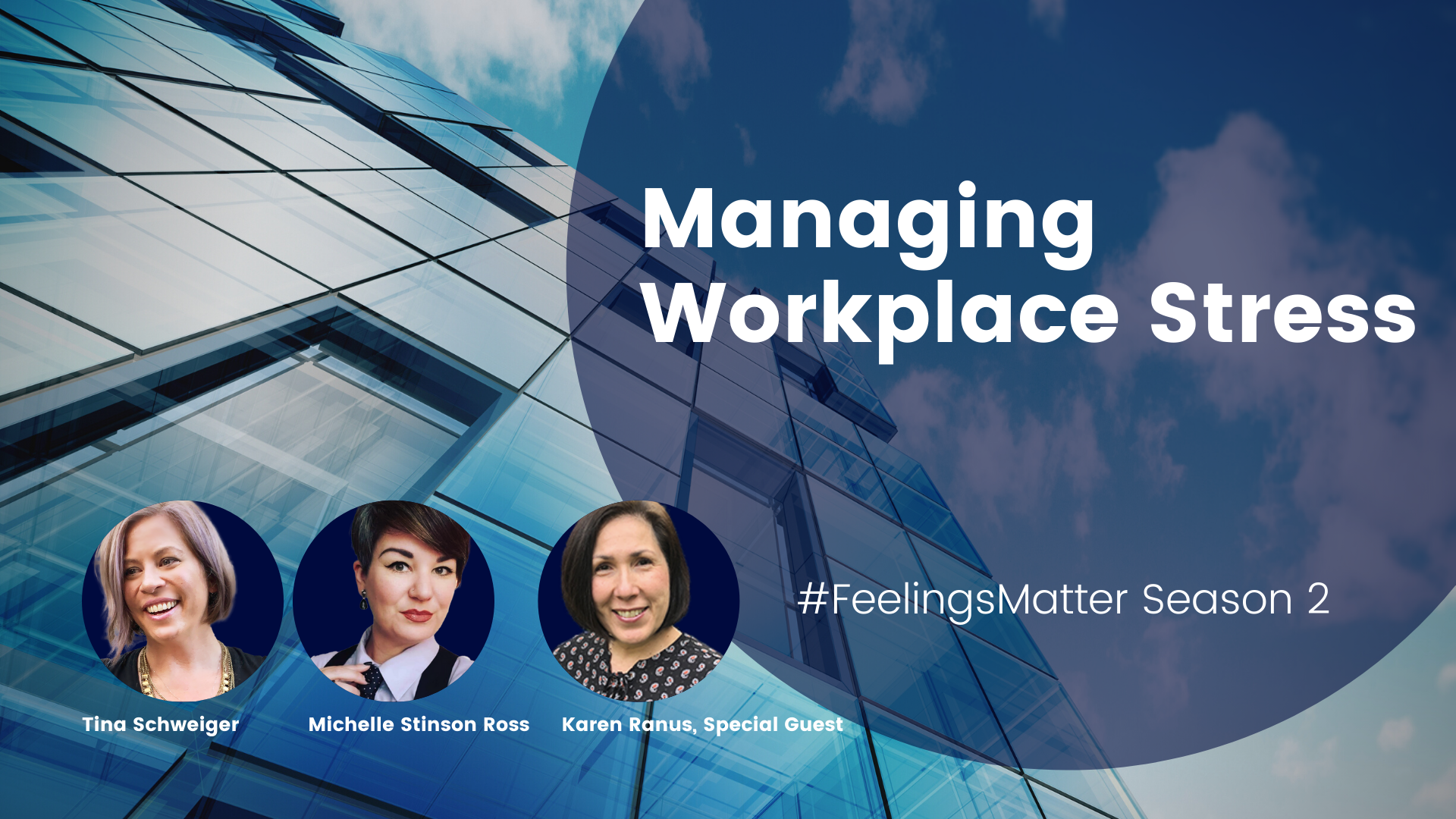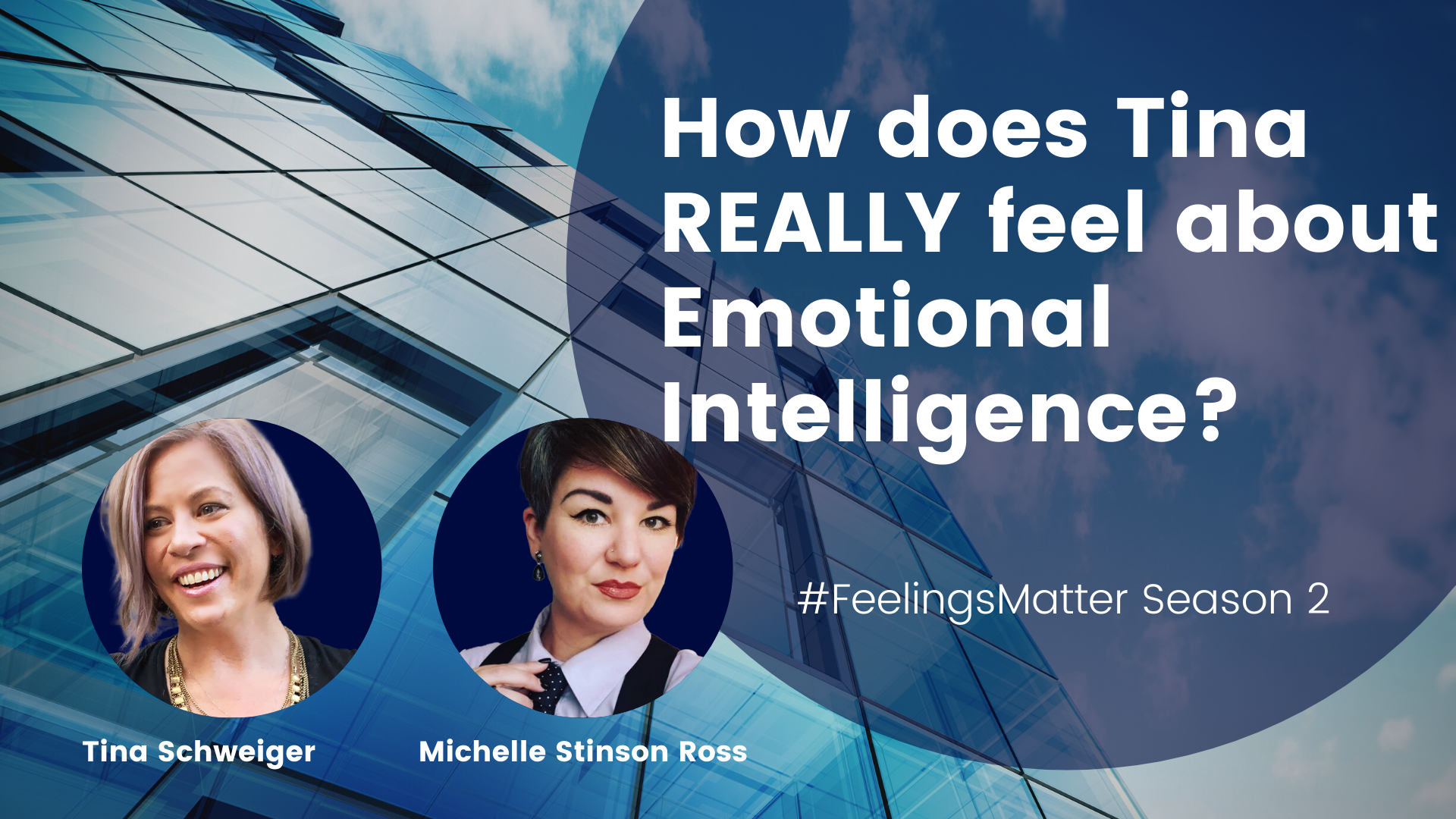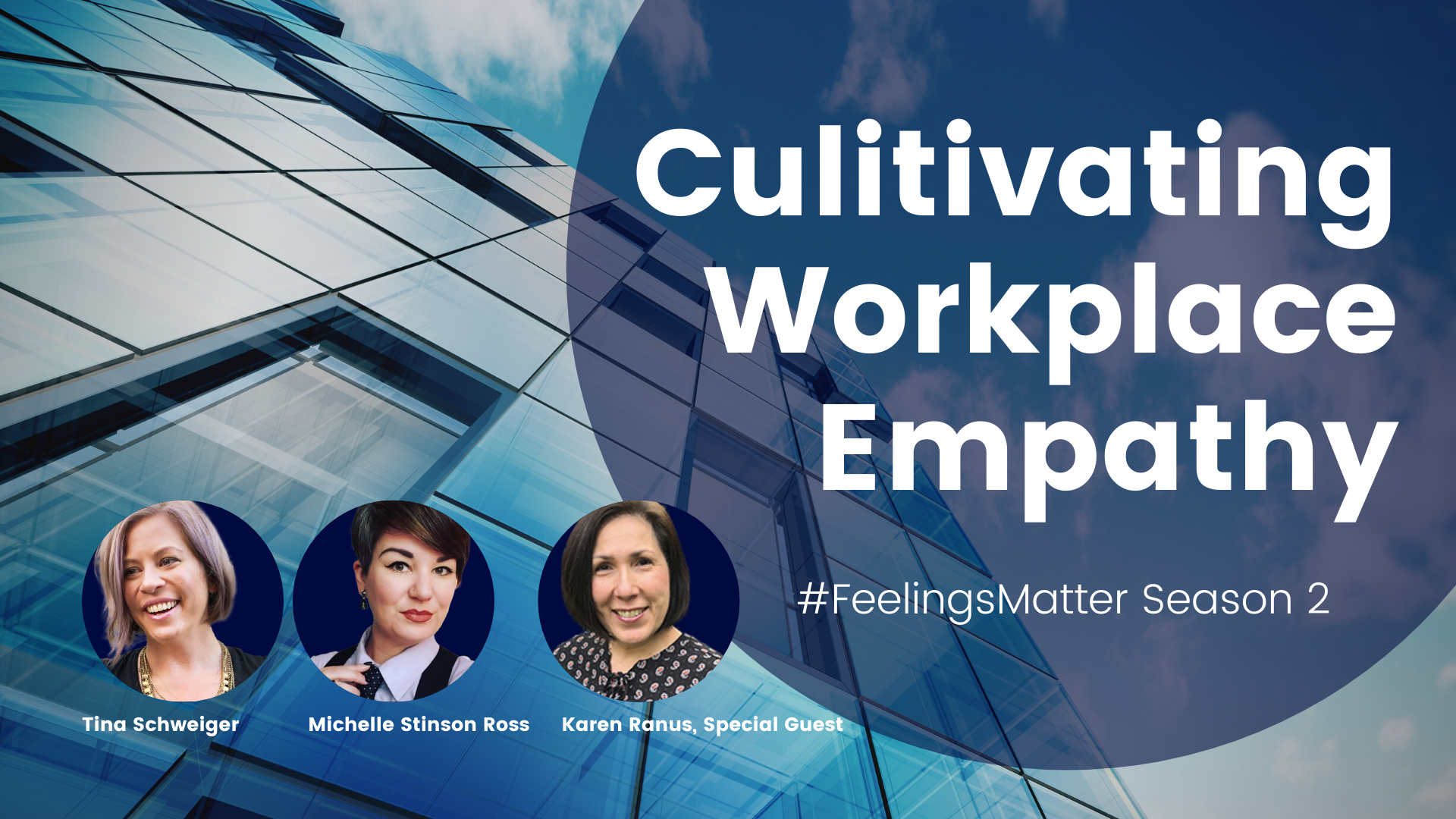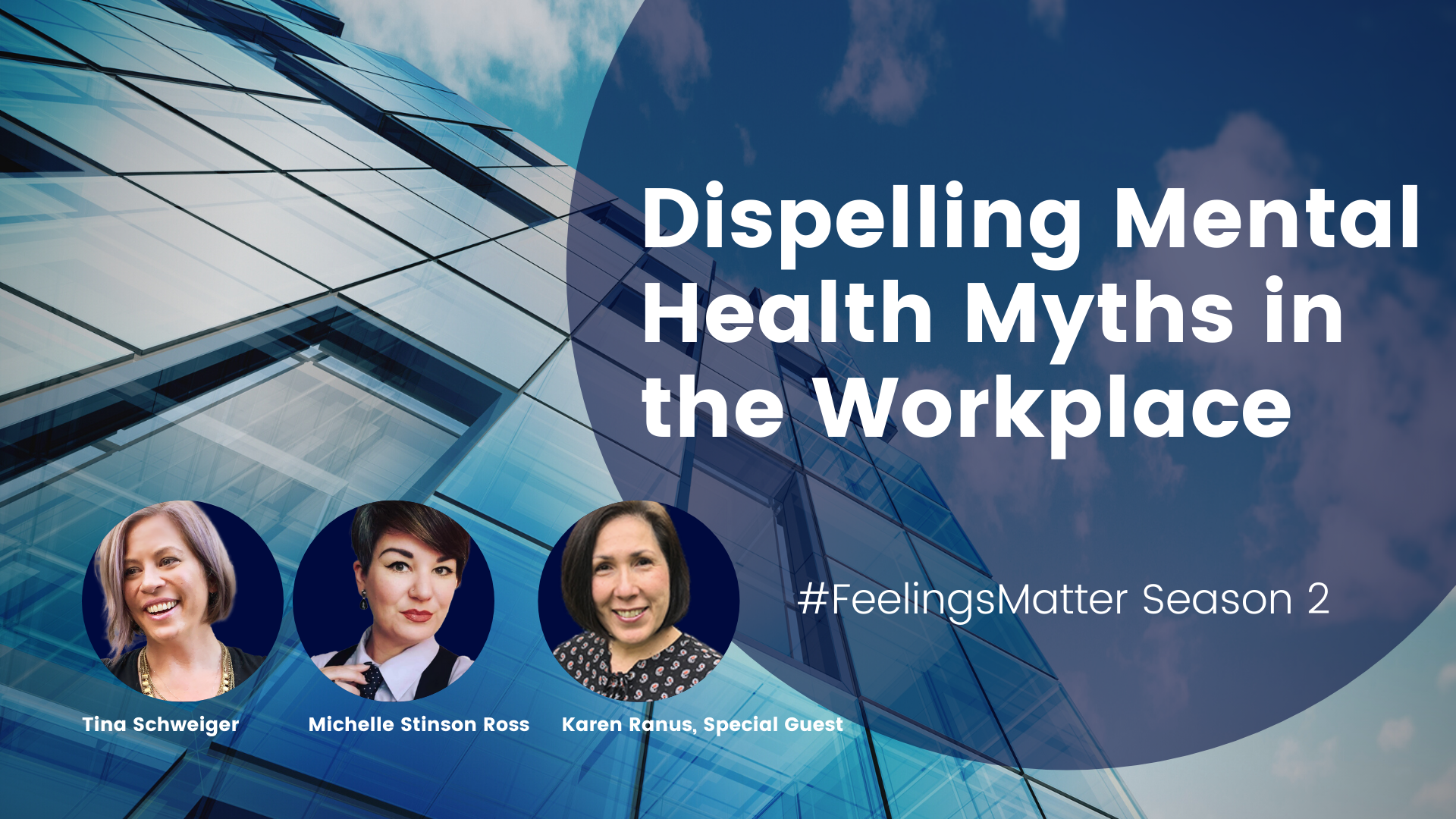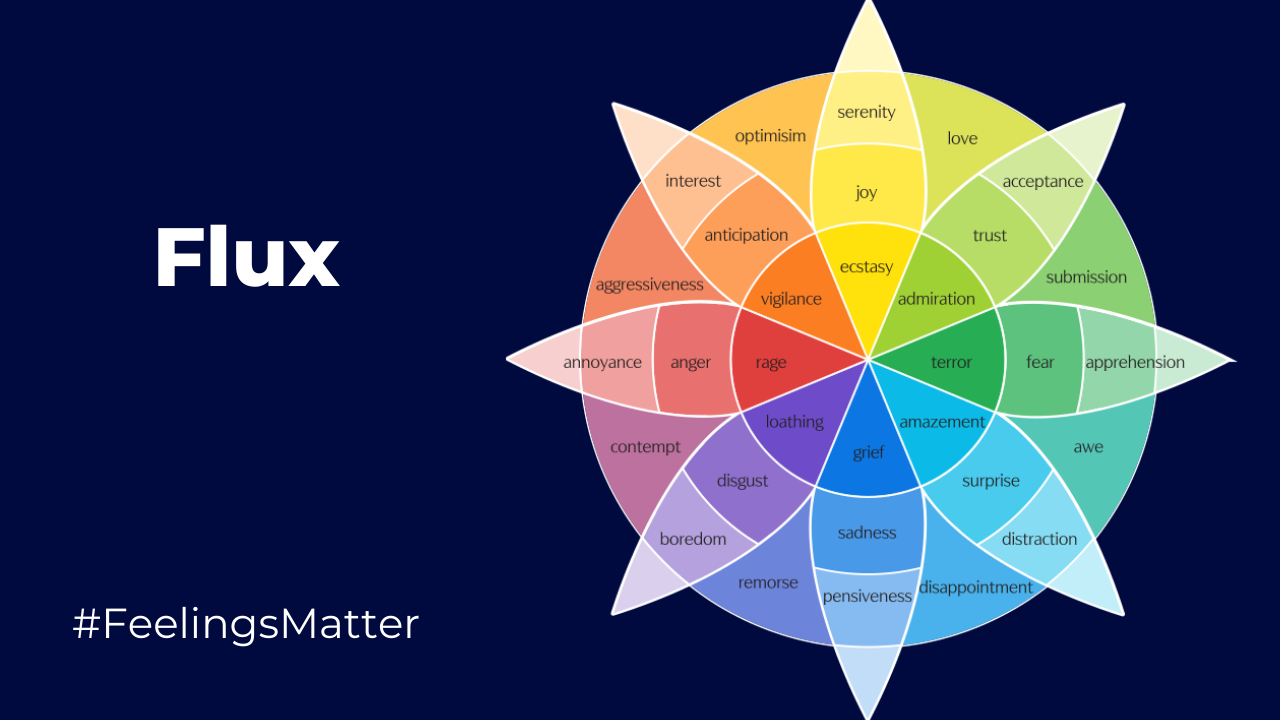Press Room
Connect with us on social
Tina Schweiger in USA Today
Stuck on Zoom: How having more tech at home during COVID-19 creates longer, more stressful workdays
Terry Collins USA TODAY
The very technology that enables us to do our jobs from most anywhere also makes it that much harder to step away. For Tina Schweiger, spending 12-hour-plus workdays staring at laptops has become far too familiar.
The owner of a small startup and tech consultant in Austin, Texas, Schweiger, is typically in front of a screen before 7 a.m. to begin her self-described “thought-intensive tasks” before her husband and two young sons are awake.
Between constantly sending and answering emails, attending a fair share of online meetings (with her boys or dogs likely pop up on screen at any given moment), finishing a project or impressing potential investors, Schweiger said her day often disappears.

